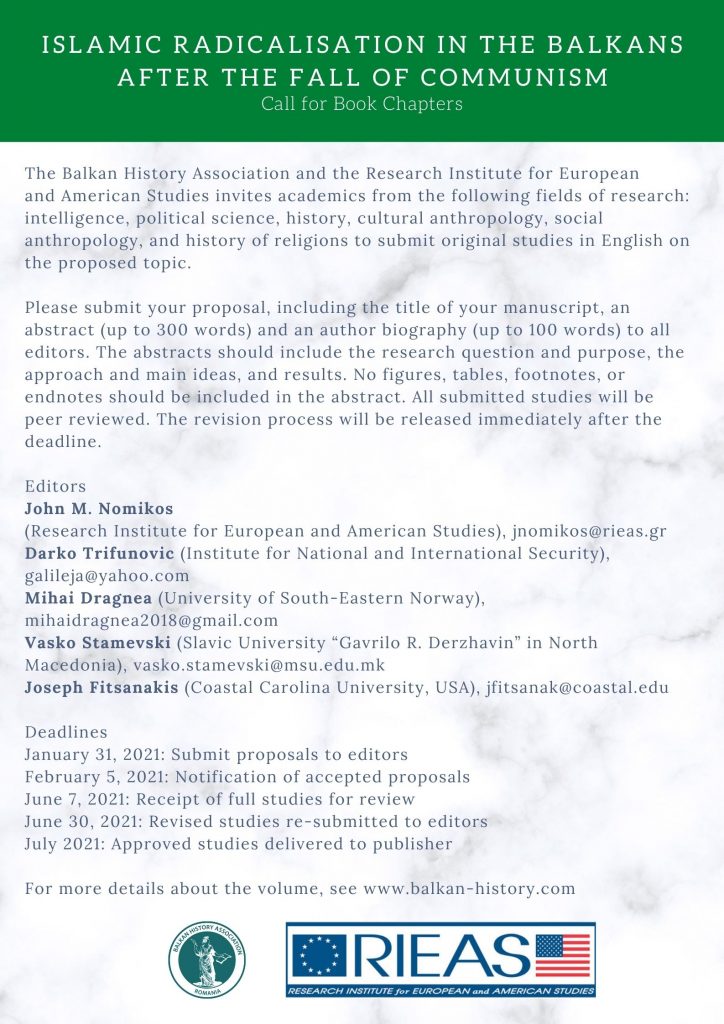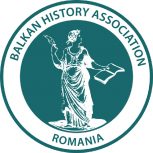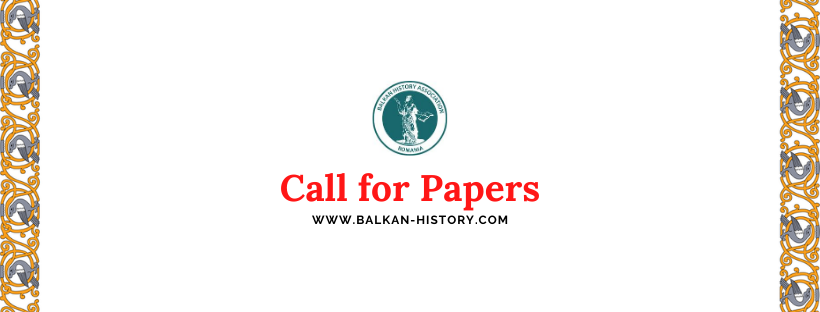The fall of communism has generated a security crisis in the Balkans, which was amplified by the ethnic and religious conflicts that took place during the Yugoslav Wars. Yet recent historiography does not contain enough solid accounts of on the causes of religious radicalization in the post-communist Balkan states with a significant Muslim population. In a significant proportion, studies on the consequences of radicalization for the internal policies of the states towards Islam and Muslims as a religious minority group are also missing. The legislative measures adopted followed the fight against regional terrorism and the prevention of radicalization and extremism. A historical precedent was set during the Yugoslav Wars, when hostile policies and actions were justified by crimes committed by individuals belonging to the Muslim communities, or their connection to organizations classified as terrorist (Al-Qaeda) and states like Saudi Arabia and Pakistan.
What this volume aims to show are the channels through which the spread of Islamic fundamentalist ideas among the Balkan Muslims took place from the 1990’s onwards. The political and religious ties between the Balkan Muslim communities and various private organizations and state institutions in Turkey, Saudi Arabia, and UEA will be analyzed. Wahhabism was first imported from the Bosnian mujahideen in the 1990’s. Most of them were volunteers from Afghanistan and Arab countries and some were even involved in terrorist attacks in the U.S. The volume will focus on the reception of Wahhabism from the 1990’s onwards. It will also present the ideological climate which generated volunteers who fought for the Islamic State (Daesh) in the last years. Furthermore the extent will be analyzed to which the criminal acts committed by the Balkan Muslims during the Yugoslav Wars were motivated by Wahhabism, and not a result of domestic ethno-national conflicts.
The research results are meant to emphasize the risks to national security in the Western Balkans, which are related to the return of fighters of Islamic State and the spread of Wahhabism/Salafism within the Muslim communities. The Islamist fighters could create terrorist networks and try to destabilize states such as Serbia, North Macedonia, Montenegro, Bulgaria, and Albania. Moreover, the volume is intended to help the reader understand the foreign policy of these Balkan states as a response towards the Muslim world in the context of the global war against terrorism.
The Balkan History Association and the Research Institute for European and American Studies invites academics from the following fields of research: intelligence, political science, history, cultural anthropology, social anthropology, and history of religions to submit original studies in English on the proposed topic.
Submission procedure
Please submit your proposal, including the title of your manuscript, an abstract (up to 300 words) and an author biography (up to 100 words) to all editors. The abstracts should include the research question and purpose, the approach and main ideas, and results. No figures, tables, footnotes, or endnotes should be included in the abstract. All submitted studies will be peer reviewed. The revision process will be released immediately after the deadline.
Deadlines
January 31, 2021: Submit proposals to editors
February 5, 2021: Notification of accepted proposals
June 7, 2021: Receipt of full studies for review
June 30, 2021: Revised studies re-submitted to editors
July 2021: Approved studies delivered to publisher
Editors
John M. Nomikos (Research Institute for European and American Studies), jnomikos@rieas.gr
Darko Trifunovic (Institute for National and International Security), galileja@yahoo.com
Mihai Dragnea (University of South-Eastern Norway), mihaidragnea2018@gmail.com
Vasko Stamevski (Slavic University “Gavrilo R. Derzhavin” in North Macedonia), vasko.stamevski@msu.edu.mk
Joseph Fitsanakis (Coastal Carolina University, USA), jfitsanak@coastal.edu


